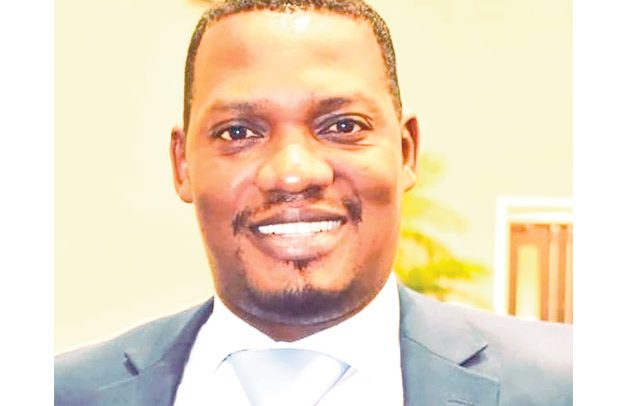Ernest Kwasi Ennin, GHAMRO Board Member
A number of music stakeholders have urged the Ghana Music Rights Organization (GHAMRO) to embark on a compulsory licencing of music users for commercial purposes and a membership drive to increase the revenues the organization makes.
They also urged the collective society to actively pursue massive cleansing operations to stop organizations and individuals who were using music for free.
According to them, when music users in the country are licenced for using music for commercial purposes it will force them to pay royalties to the music right owners.
They appealed to the society to consider working closely with law enforcement agencies to identify and trace those who use music for commercial purposes as well as online music pirating; and to bring stronger litigations against them.
According to them, the collective society also needs to engage the judiciary to create an environment that punishes those involved in the illegal use of music.
The stakeholders hinted that the Ghanaian music industry had historically relied on the legal environment and copyright law to protect its rights and its business structure.
However, after the rise of the internet, it has faced challenges of unfair competition from internet services providing unlicenced music.
They stressed that the activities of illegal music users, if not checked, could kill creativity in the music industry as they were living on the sweat and toil of musicians and music producers, adding that a large number of music icons were now unemployed due to the refusal of music users to pay royalties.
They therefore urged GHAMRO to continue to support the law enforcement agencies to deal drastically with all those who infringe on Ghana’s copyright laws.
They also called for increased collaborations between GHAMRO and the Musicians Union of Ghana (MUSIGA) for a shared vision, the protection of mechanical rights and leveraging digital platforms for the benefit of their members.
By George Clifford Owusu


